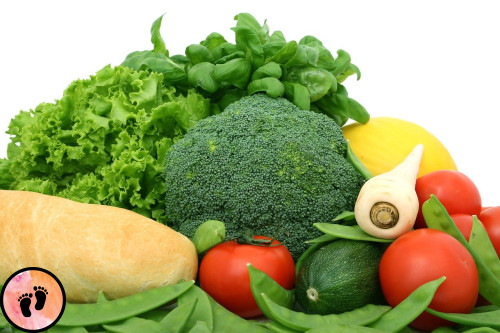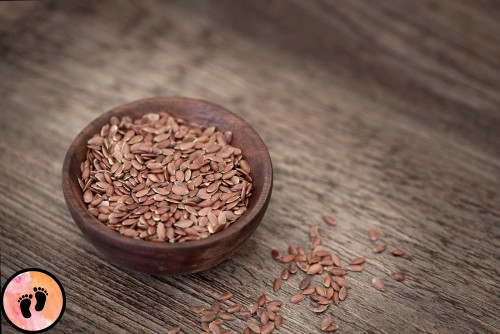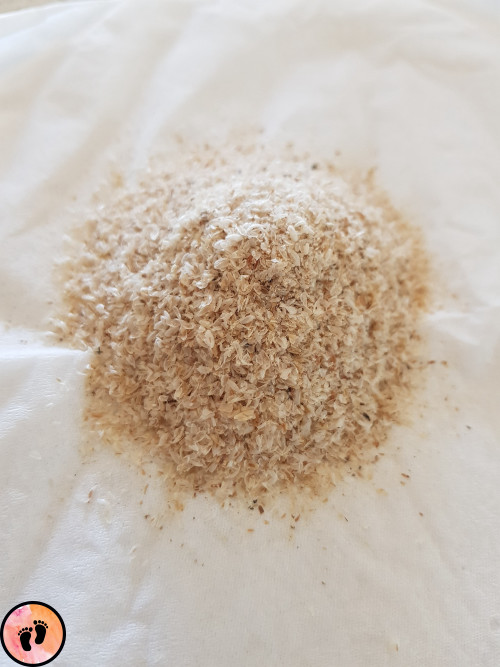Constipation in Pregnancy
Hormone rush in your body makes you change in all zones during pregnancy. Few are worth experiencing it while few are just frustrating. One of such frustrating and irritating go through is constipation.
 Constipation in Pregnancy
Constipation in PregnancyConstipation is the most common symptom of pregnancy but is very difficult to face with passing days of pregnancy. It peaks up during the second and third month of gestation, starting from the very first week of pregnancy and worsens up as the uterus grows.
Causes of constipation
Any small or big change physically or emotionally is credited to hormones. Yes, hormones are the main culprit even for this discomfort.
1. Hormonal Changes
Constipation is a result of an increased level of progesterone owing to its muscle relaxant property. Progesterone relaxes the smooth muscles of intestine too, decreasing the bowel movement and leading to gastric distress.
2. Stress or anxiety
 Stress, supplements can cause constipation in pregnancy
Stress, supplements can cause constipation in pregnancyOther parameters that just synergize the constipation is anxiety, stress and low physical activity during pregnancy.
3. Prenatal supplements
Iron supplement in pregnancy worsen constipation and result in hard and black stools.
4. Growing uterus
As the uterus grows, it puts the pressure on bowel that restricts its movement and make pass the stool more difficult.
Symptoms of constipation
- Gassy
- Infrequent bowel
- Loss of hunger
- Rectal fullness
- Stomach ache or bloating
- Hard stool
Complications of constipation
Constipation is not just uneasy or discomfort but may put you in intense pain.
Untreated constipation may lead to haemorrhoids (also known as piles). In pregnancy, there is a risk of swollen rectum muscles due to the large uterus and if during this you put loads of pressure or straining in passing the stool, it may worsen your condition to another level.
Management of constipation
1. Fiber-rich foods
 Fiber rich food helps relieve symptoms of constipation
Fiber rich food helps relieve symptoms of constipationThe first saviour of constipation is fiber rich food. Make sure to take at least 25-35 g of fiber every day. Fibers are known for the elimination of wastes and help you to detoxify.
Eat fiber-rich foods such as green vegetables, legumes, whole grains, cereals and fruits. Do not over consume it as it may deplete the essentials too before getting absorbed.
2. Hydration
Keeping yourself hydrated will soften your stool and help easy passing. Drink water (at least 8-10 ounces daily), fruit juices; prune juices is the mild laxative that works wonders against constipation.
3. No big meals
Loading your digestive system with big meals slows down the digestion and leads to constipation. Have six small meals in a day rather than three big platter meal that aids proper digestion.
4. Probiotics
Have yogurt, filled with good acidophilus bacteria, in your meals that promote digestion. You can get recommended for a probiotic supplement from your doctor that will calm the upset digestive system.
5. Kegel exercise
 Kegel or pelvic floor exercises for constipation in pregnancy
Kegel or pelvic floor exercises for constipation in pregnancyRegular Kegel exercise, pelvic floor exercise will help you against constipation.
6. Regular walks
A bit of physical activity will help mobilize GIT and aid digestion; it will also keep you healthy and fit
7. Check your prenatal supplements
Iron generally leads to constipation. Talk to your doctor if you feel that prenatal is making you bloated. Ideally, if you eat healthy you can meet the iron requirement in pregnancy through your meals. Your doctor can suggest an alternative, a slow-released iron supplement to calm the unease.
8. Olive oil
Take 1 tbsp of olive oil, mix it with lemon and have it every morning. Take little amount only as the large amount may cause diarrhoea and cramping.
9. Flax seeds
 Flax seeds for constipation in pregnancy
Flax seeds for constipation in pregnancyTake one tbsp of flax seeds with minimum 8-10 glass of water to aid the passage of stool.
10. Aloe-vera juice
Two tbsp of aloe vera juice can give you relief from the gassy tummy and bloating.
11. Lemon
Add lemon to warm water and consume it in the morning to aid pass the stool.
12. Massage
Massaging your stomach with coconut or any other oil lightly helps you relieve the bloating.
13. Medications for constipation
Stool softeners and suppositories, in general, are safe to use during pregnancy.
 Psyllium husk can help in constipation
Psyllium husk can help in constipationThere are few over the counter drugs which are safe to use if taken as per the directions.
- Colace (docusate sodium)
- Metamucil (psyllium)
But is always best to consult doctor before you take any medication.
Remedies to be strictly avoided during pregnancy
It is good to avoid stimulant laxatives during pregnancy as it may induce or stimulate uterine contractions.
Mineral oil needs to be avoided in pregnancy as it may hinder the nutrient absorption
When to see a doctor?
See your doctor if
- You do not feel relief even after using laxatives
- You see bleeding from the rectum
- Stomach pain
- Vomiting
- Prolonged constipation for 1-2 weeks
We, all know that pregnancy is not easy and have to tolerate a few discomforts. But making a few changes in your day to day routine can help you to reduce its intensity for sure.
So, eat healthy, stay fit and soften the unease..!
Recent Posts
Homemade Pregnancy Test
How to Prevent Pregnancy Stretch Marks
Is It Safe to Eat Ice Cream During Pregnancy
Breast Pain in Pregnancy
7 Tips to getting pregnant faster
COMMON INFECTIONS DURING PREGNANCY
Pregnancy Diet: Apples during Pregnancy
Advertisement
Duis leo. Donec orci lectus, aliquam ut, faucibus non
Join Our Community of Expecting Parents Today!
Subscribe to get updated on latest and relevant pregnancy-related details